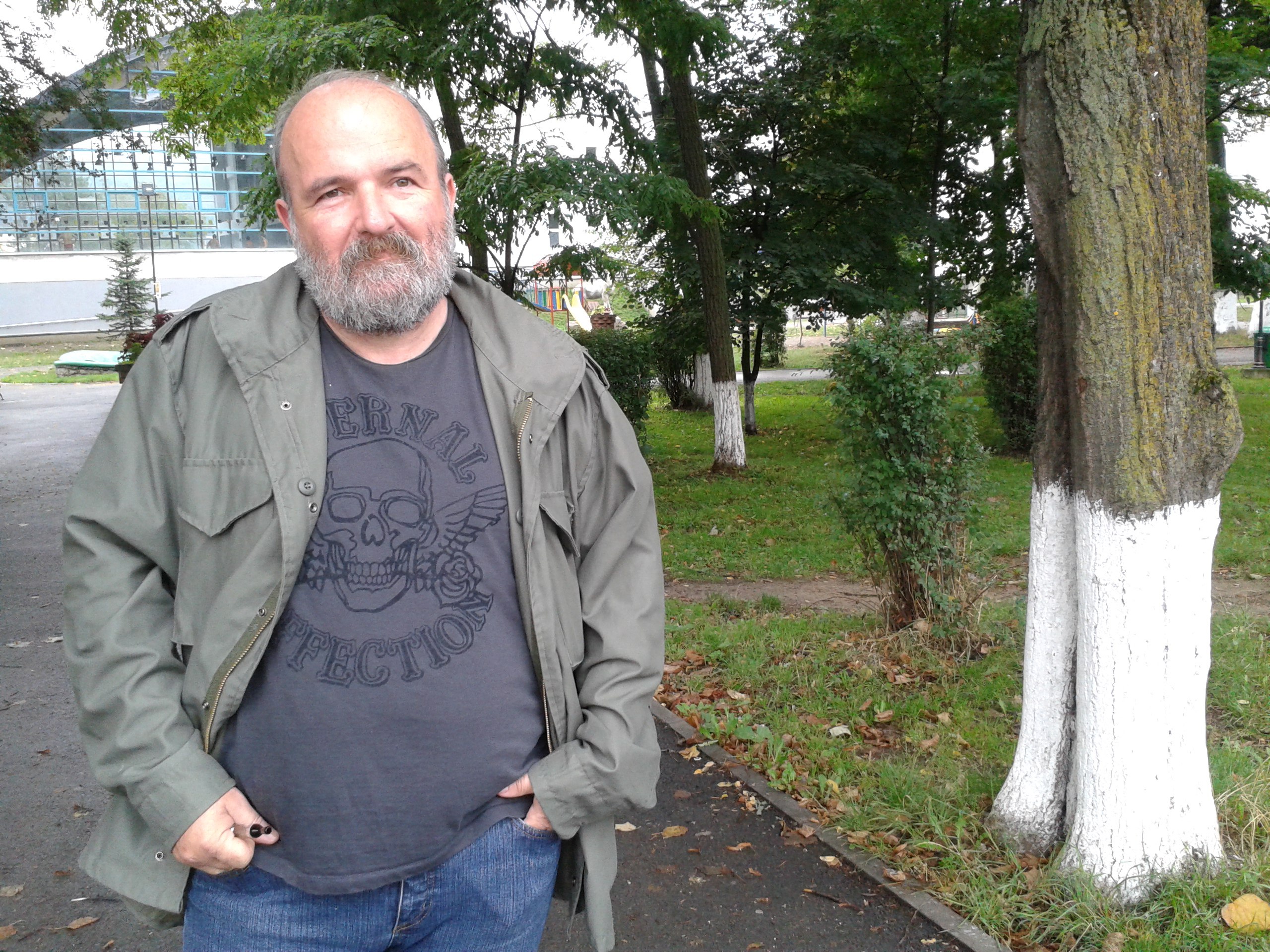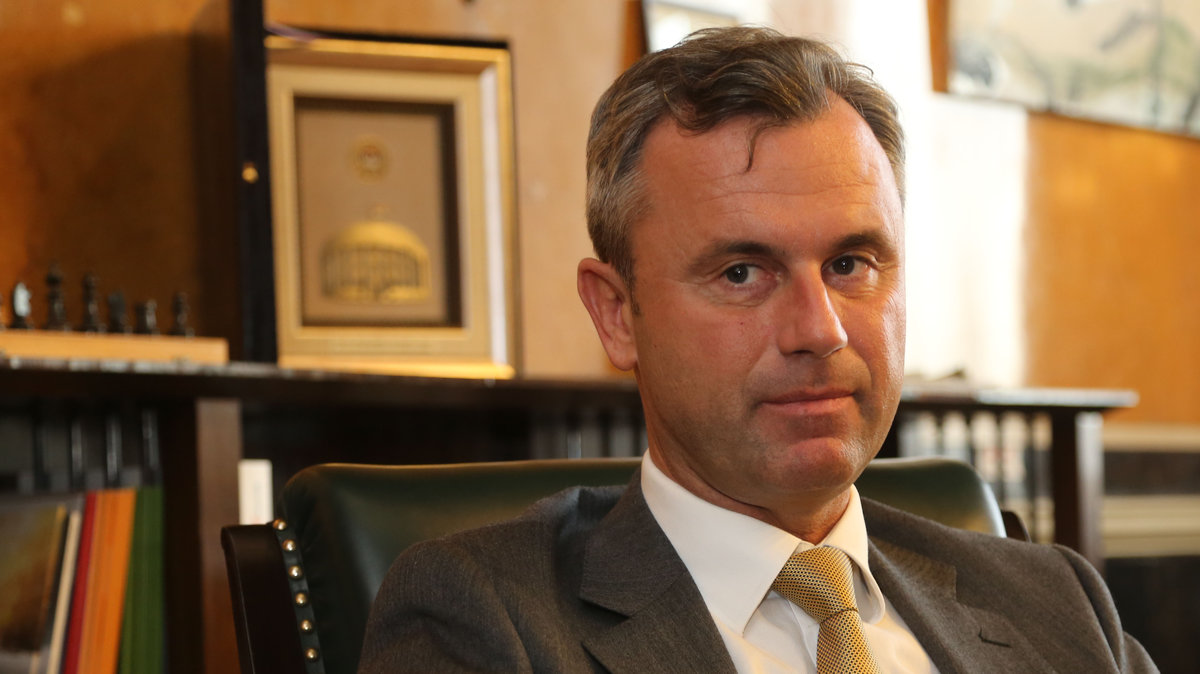France – Interview with Charles Beigbeder: “Europe can no longer ignore the aspirations of its peoples”, by Ferenc Almássy.
Ferenc Almássy interviewed for the Visegrád Post Charles Beigbeder, a French businessman and politician.
Visegrád Post: You recently wrote to our editors to give us your support in Visegrád and Orbán. As being in favor of economical liberalism, how do you analyze the Viktor Orbán summer 2014 statements on the “illiberal democracy” that calls for?
Charles Beigbeder: I’m not a liberal in the sense that many hear, I do not think the world is governed by market forces. Liberalism has relevance only in the field of worldly possessions, one that governs the exchange of goods and services. In the realm of being, I am for preserving our identity, our culture and our traditions and the national context in which they are transmitted across generations. Yes to a market economy and open to conquering the world, not a market society that would lead to a commoditization of spiritual beings that are people and nations! I am a liberal-rooted or patriotic freedom fighter, advocate of a strong state but reduced to the sovereign power.
That is why I fully identify with Viktor Orbán’s words pronounced in July 2014: “The Hungarian nation is not just an aggregation of individuals but a community to be organized, strengthened and built. In this sense, the new state that we are building in Hungary is an illiberal state, not Liberal […] without denying the fundamental values of liberalism as freedom. ” If one wanted to summarize a trait that position, it could well make the: freedom in economy, sovereignty at the state level and the societal conservatism. Viktor Orbán, who was a pioneer of Hungarian liberalism after the fall of the Iron Curtain, has gradually evolved into a liberalist conservatism because he understands that the main question that stirs Europe is that of preserving our identity. Apply the logic of liberalism in the realm of being would thus be deadly! That’s what I try to explain in my latest book “Charnellement de France” that I have just published in the Pierre-Guillaume Roux editions.
VP: Since the crisis of migrants, the Visegrád Group (V4) which seemed obsolete for many, has become a political structure that remains flexible when divergent opinions of its members but is exemplary block where their interests converge. In Western Europe, there were tremendous amount of attacks towards the V4, accusing it of selfishness and ingratitude. What do you think of the V4?
Charles Beigbeder: The Visegrád Group today can draw a genuine counterweight to the policy drawn by the European Union which respects very little identity and sovereignty of nations. It is also significant that this group formed in 1991 between Poland, Hungary, the Czech Republic and then Slovakia, currently shares the same views on the reception of migrants, refusing to be suction pumps of a non-European immigration which weakens their identity. It’s time for Western Europe to hear the cry issued by the Visegrád Group, which from countries that have undergone the Soviet yoke for over 50 years, is much more concerned than we are to preserve their culture.
VP: In 2007, you created AgroGeneration that you sold in 2013. The company was to restructure old kolkhoz facilities in Ukraine. The V4 is investing in Ukraine, and Hungary in particular is trying to have intelligent relations with Russia and Ukraine, which is its neighbor. How do you see the role of Central Europe in the Ukrainian crisis? Can they provide solutions to the current situation?
Charles Beigbeder: I would first like to clarify that I have not sold AgroGeneration and am still a shareholder of this fine company of grain culture and oilseeds in Ukraine, which has managed to survive in this difficult period and now continues its development. Concerning the Ukrainian crisis, I think that NATO and the European Union are thirty years late; they still believe in the Cold War and believe that the main threat comes from the East. In fact, by exploiting the orange revolution and wanting to enlist the countries of Eastern Europe into a defensive alliance to the east, NATO has revived tensions with Russia. As for the EU, it has not taken the measure of the deep division that runs through Ukraine between the West traditionally turned to the West and the East, predominantly Russian-speaking Russophile. Therefore, it was unable to manage the Maidan Revolution nor anticipate the Russian reaction that violated national sovereignty of a state and destabilized the region. This European disability has a cost: 10,000 dead and hundreds of thousands displaced that we continue to ignore even as we welcome massively Middle Eastern migrants. Central Europe seems in a more constructive approach, to the extent that Viktor Orbán is trying to establish good relations with Russia a thousand miles from demonizing the West is systematically keeping against him. With Poland or the Baltic states, the relationship remains complicated for historical reasons. The main problem is actually a lack of European leadership; we remain prisoners of a technocratic Europe, without any vision, and unable to be positioned at the height of events, it is locked in the narrow prism of a niggling regulations.
VP: Recently, various parties or French personalities have shown their support for the V4 and to Orbán in particular, including Nicolas Sarkozy, SIEL party’s President Karim Ouchikh or some National Front cadres. Do you think that Central Europe will have a growing political role, especially in the Western European countries’ politics, and France in particular?
Charles Beigbeder: “Europe must breathe with both lungs: the East and the West,” said the great Pope John Paul II, himself a native of a Central European country. For a longtime, because of the cut imposed by the Iron Curtain, we used to argue as if Europe was reduced to its western part, neighboring, by its culture and its way of life, of the United States of America . The disintegration of the Soviet bloc and the terrifying story of Eastern dissidents have finally allowed the West to open their eyes to the reality of communism in Europe. Despite the cries of outrage prompted by an intelligentsia in the selective indignation and amnesic memory, it is now possible to know the true nature of the ideology which imposed its yoke on Eastern Europe for over fifty years, including through the publication of the Black Book of Communism under the direction of Stéphane Courtois in 1997. This living memory justifies greater sensitivity of these countries on the identity’s issue. Thus, when the European Court of Human Rights wanted to ban crucifixes in Italian public schools (Lautsi case, 18 March 2011), this is Eastern Europe, led by Russia, which joined the procedure to defend an identity denial reminding the darkest hours of atheistic communism.
VP: To conclude, how do you explain the recent positioning of Central Europe? And what future would you predict?
Charles Beigbeder: More than ever, Europe can not ignore the aspirations of its peoples. The countries of the Visegrád Group have understood it and the popularity of Viktor Orbán in Hungary is there to attest. The latest example concerns the vote on June 17th, a motion in the Hungarian Parliament prohibiting the European Union to ratify the TAFTA without Hungary’s agreement. The same provision in all other EU countries should be done. We can not accept to let us impose a policy that we have not chosen.
Similarly, with regard to immigration, Visegrád seems to have taken the measure of the problem: it’s not to escape from the asylum, which is a beautiful humanist tradition, but to prevent its misuse for purely economic reasons and allow states wishing to defend their borders, in the absence of a proper Schengen space which is nothing but a sieve. The European Union is also naive to trust Turkey to restrict the flow of refugees she lets complacently embark to our shores, just as she has widely opened her border to jihadists who want to fight in Syria. The solution to the migrant’s crisis can not only comes from a massive reception of migrants, it will only shift the problem without solving it at the base, while destabilizing Europe in its traditions and lifestyle. May the Visegrád inspire our Western leaders that they do not remain deaf to the identitarian anguish of their peoples!



